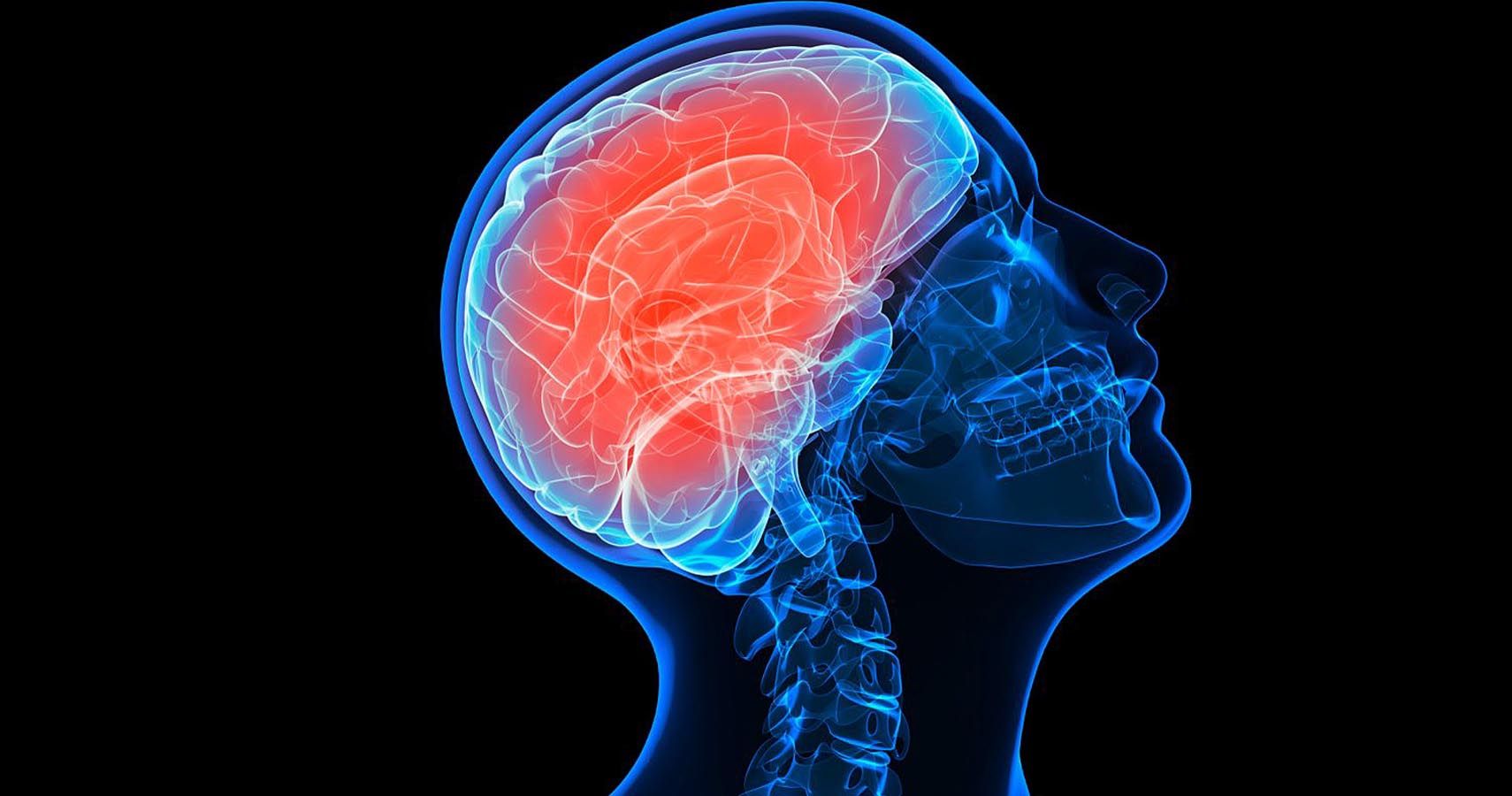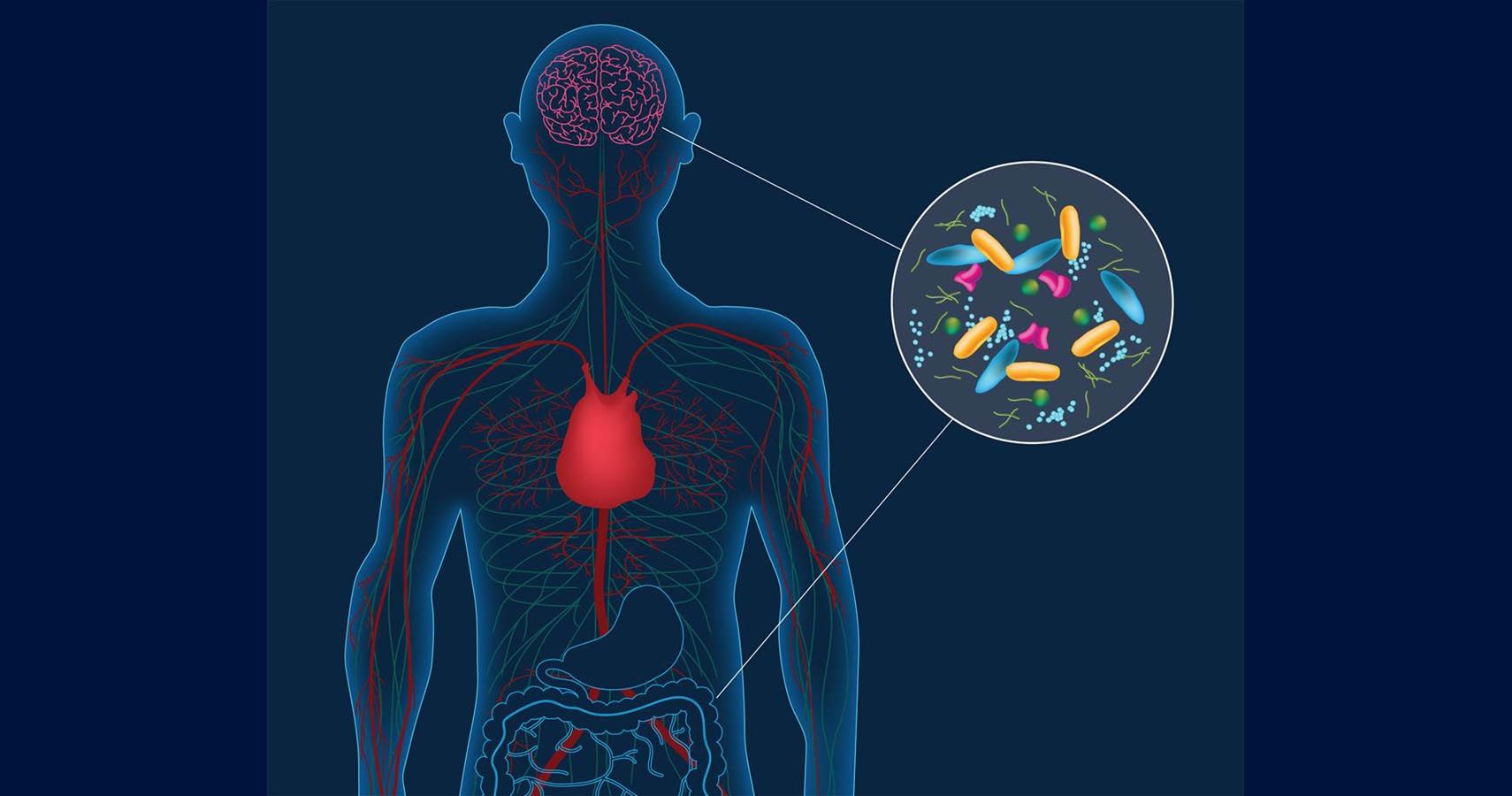There's something to be said about having a gut reaction over something that pops into our minds. Now there are several studies that offer literal proof of that happening.
Recent research has revealed a possibility that all those colonies of microbes that exist on and inside of us, most so small that showering can't even remove them, are having an effect on how we think. And gut bacteria in particular may be the primary culprit.
It's still a concept and a work in progress. Japan's Kyushu University, which came up with the notion back in 2004, examined how microbes affect physiological responses in mice. But work has moved forward and now scientists are now looking for links between microbiome (the name given for the trillions of those creepy, crawly microbes living on all of us) and mental disorders including autism, depression and neurodegenerative ailments.
PREVIOUSLY: IT'S MATERNAL MENTAL HEALTH WEEK
Now, since we can't get rid off all that icky bacteria, researchers are toying with the idea of introducing a new type of germ referred to as psychobiotics or the more layman-oriented "mood microbes". And some of them report they're close to developing them and may soon be able to add them to those already crowded bacterial playgrounds on our bodies.
But the fact that our brains are so complex and sophisticated makes it hard to wrap our heads around how they can be affected by microbes, which are among the most primitive forms of life. Well, scientists have a few easy answers to that as well.
It turns out there's a conduit in our systems between the brain and the abdomen called the vagus nerve, which transmits those "gut" signals we get. Apparently, it's also an easy passage for bacteria to travel to our noggins' grey matter. Then there's the effect of short-chain fatty acids, created when bacteria breaks down the fiber in our diets. Another school of thought has it that brain disorders might be traced to compromises in our immune systems brought about by the presence of gut microbiome. And furthermore, all that gut bacteria might even be using threads of microRNA genetic code to integrate and distort our DNA.
That doesn't mean any of us will be morphing into gigantic versions of those germs residing on petri dishes anytime soon, but if these physiological effects can be traced to how our brains are being altered, it could signal another path for mental health practitioners to follow.
NEXT: 15 CELEBRITIES WHO GAVE THE MIDDLE FINGER TO THE MENTAL HEALTH STIGMA


